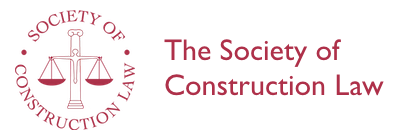The Expert Witness in International Disputes
Christopher Ennis
August 2012
A paper presented to the Centre of Construction Law 25th Anniversary Conference held at King's College London on 29th June 2012
In this paper, Christopher Ennis looks from many years' experience at the role of an expert witness and some of the difficulties that this role can cause, for those who are experts themselves, for the parties in a dispute and for the tribunal. He looks in particular at the idea of independence; and the differences in approach and recent changes which change the nature of those differences between the UK and other legal systems (in particular that of the USA) , not only between common law and civil law traditions but also between different members of the common law family.
Introduction - What is an expert witness for? - The importance of being earnest, or at least independent - Why do independent experts of equal standing have different opinions? How can they disagree? - Enforcement of independence by institutions, procedural rules and the courts - Is it ever right to treat the party expert as a partisan? - Civil and common law influences: one expert or two? - Expert evolution in the UK - Does immunity from suit, or liability, have any influence on testimony or approach? - Other similarities and differences in the USA - The effect of the culture of those instructing the expert - Other procedural influences - Despositions and disclosure - Other disclosure regimes - Expert testimony at trial - Questions by the tribunal - 'Hot tubbing' - Effects of differing cultures on the performance of the expert - Conclusions - and some peculiarities - Generally - Contingency fees - Different standards and procedures.
The author: Christopher Ennis MSc FRICS FCIArb is Director of Legal Support, Europe at Davis Langdon, an AECOM Company.
Text 27 pages.
